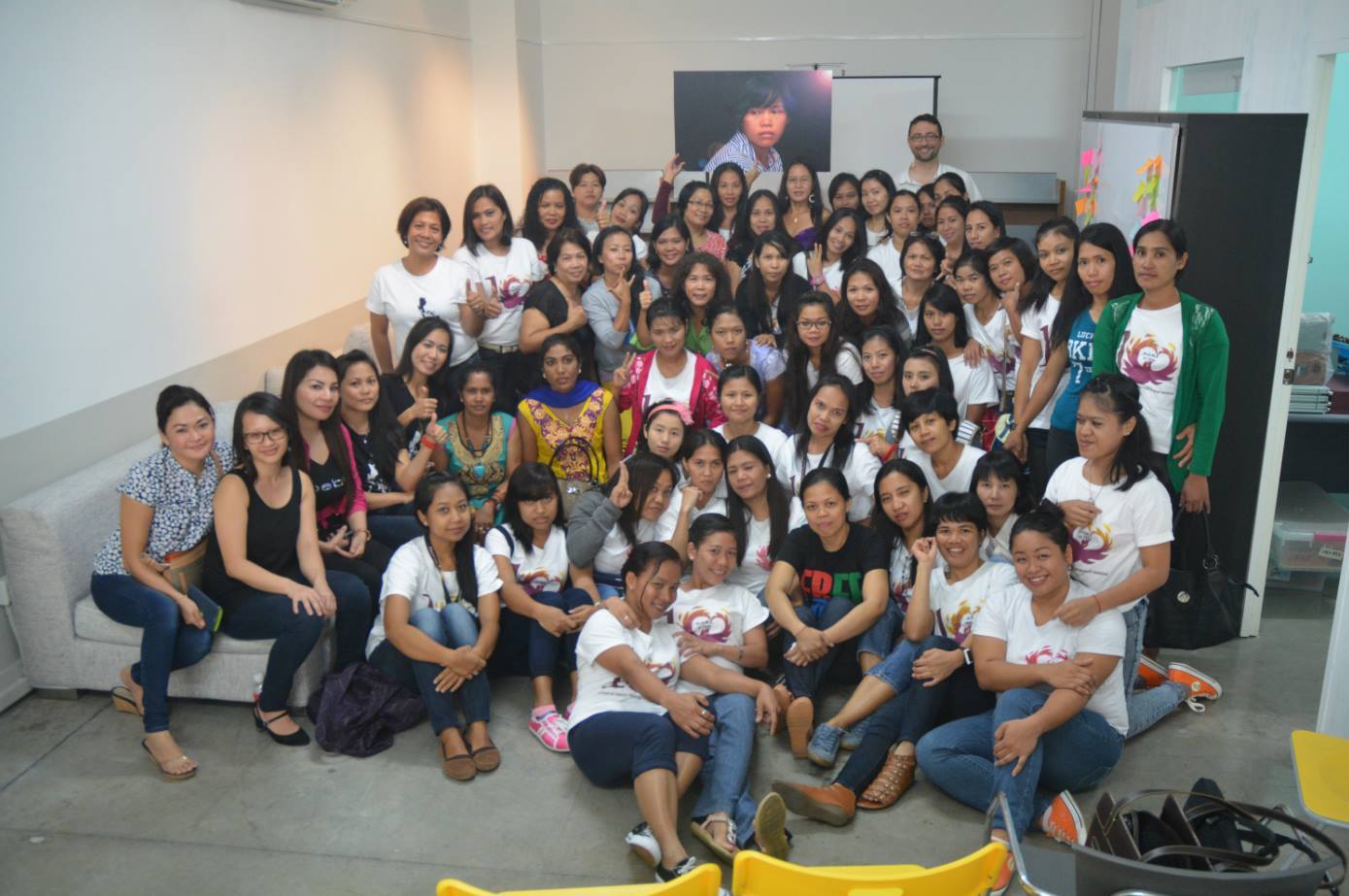
As the population of the elderly increases in Singapore, there will be a higher demand for caregiving. The current context of the de-institutionalisation of care in Singapore as well as the rising life expectancies of Singaporeans would also mean an inevitable increase in the burden of caregiving. Associate Professor Kalyani Mehta of SIM University has coined the term “forgotten army”, specifically referring to the informal caregivers who have taken on the physically as well as emotionally draining task. A not insignificant part of this army is made up of foreign domestic workers in Singapore, with half of the respondents of a recent survey on informal caregivers having foreign domestic worker support in caring for their frail elderly. Moreover, the de-institutionalisation of care will likely see a growing portion of caregiving being transferred to the foreign domestic workers who normally possess limited or no training or experience in care provision. Therefore, the impact of caregiving on informal caregivers and foreign domestic workers alike has to be closely watched.
Foreign domestic workers were found to contribute significantly in alleviating familial caregivers’ stress, especially when the elderly care recipients’ impairment is severe, according to a survey on informal caregiving. The report, by Duke-NUS medical school professor Truls Østbye and four other researchers found that the foreign domestic worker was reported to be the predominant assistant to the familial caregiver in helping the care recipient in activities of daily living (ADLs). The positive impact of foreign domestic worker support on family support also indicated the foreign domestic worker’s role as a source of emotional support to the familial caregiver.
Care provision for elderly care recipients who have limitations in ADLs consists of mostly menial tasks such as physical assistance in mobility and toileting. It is thus commonly perceived as performing unskilled chores which can be accomplished by the foreign domestic worker. Nevertheless, foreign domestic workers caring for the elderly also experience caregiver stress. The foreign domestic worker has to bear the burden of performing physically strenuous tasks in caring for the elderly care recipient. Unlike formal care services, the care provided by foreign domestic workers is typically expected to be a whole-day (and sometimes in the night if required) affair on a daily basis except on their days off. In addition, being oftentimes the de facto primary care-giver at home, the foreign domestic worker may shoulder a disproportionate amount of the emotional and psychological burden of caring for elderly patients.
Amidst the call to address informal (familial) caregivers’ needs and support, it is essential to recognise the fact that foreign domestic workers employed to provide care are at risk of suffering from caregiver stress as well. As such, it is crucial to monitor the impact of caregiving on foreign domestic workers over the duration of their work in Singapore, especially if foreign domestic labour as a major source of care for the elderly is to be a common model of caregiving. A start would be to implement at least a self-rated health assessment, as suggested by Duke-NUS medical school’s Dr Rahul Malhotra, as a simple indicator of stress in foreign domestic workers’ regular health checks. Furthermore, foreign domestic workers who are assigned to provide care should undergo comprehensive training (which may perhaps be subsidised by the state) not only to equip them with the skills necessary to care for the elderly, but also to better prepare them psychologically to take on the challenges of full-time care. This could also serve as skills development for foreign domestic workers and may ultimately make Singapore a more attractive venue for potential workers. Therefore, helping foreign domestic workers acquire caregiving skills does not only enable a higher quality of care provision for the care recipients and reduces care burden on their employers (the familial caregivers), it would also prepare the workers to better manage the stress of caregiving. This could only be to the benefit of all – the care recipient, the family caregiver and the foreign domestic helper.
Christopher Gee is a Research Fellow, and Loh Soon How is a Research Assistant with the Demography and Family research cluster at IPS.
Top photo from HOME Singapore Facebook page.
